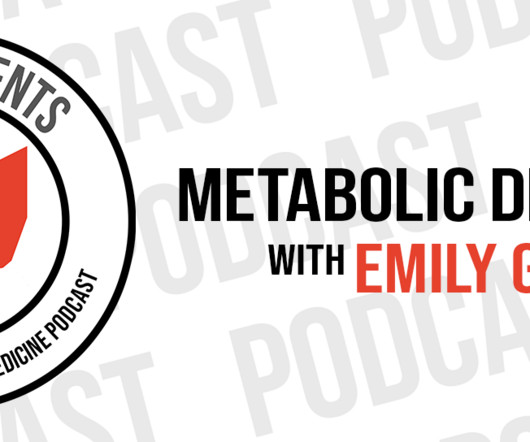Episode 148: Antiracism in Medicine Series Episode 4 – Dismantling Race-Based Medicine Part 2: Clinical Perspectives
The Clinical Problem Solvers
DECEMBER 16, 2020
These factors may have impacted their diet, physical activity, and medications, thus impacting their creatinine levels and the inputs that we use for GFR. education, income, number of previous hospitalizations) that also lead to clinical outcomes, not only race-based stratification. 2016 Jul;91(7):916-20. September 12, 2018.














Let's personalize your content